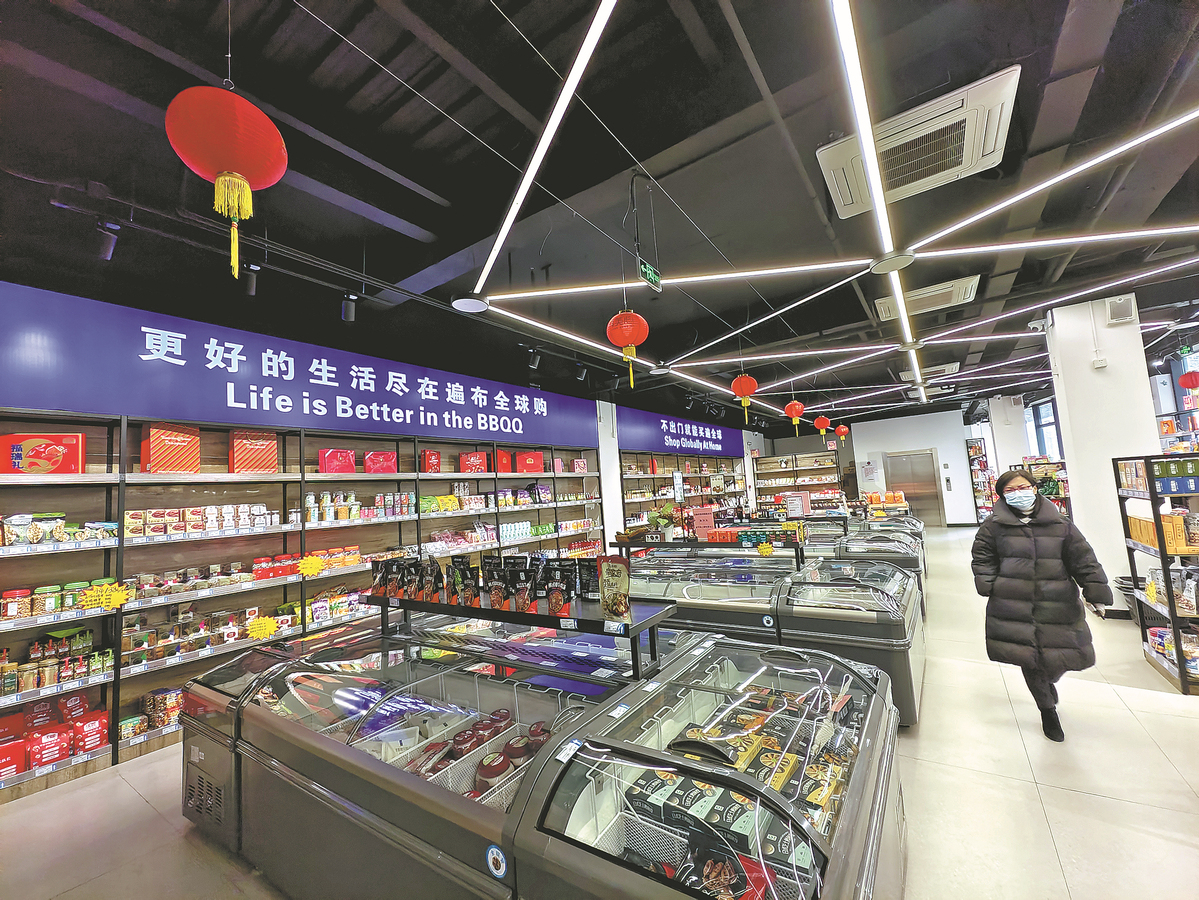Nation develops growing appetite for food imports


More than 40 percent of the coconuts imported by China each year come from Indonesia, the world's leading coconut producer. Indonesia also accounts for nearly 30 percent of global coconut production, and is a major raw material supplier for the domestic coconut processing industry.
During the expo, Joyvio Group, a producer and online vendor of fruit in China, signed a strategic cooperation agreement with Indonesian agricultural and food giant PTPN Group, and with the AGL Group.
The three parties will join hands to assist imports of key Indonesian agricultural produce such as coconuts, tea leaves and coffee beans to the Chinese market.
As a pivotal event at the expo, the 2023 China Import Food Summit was held on Nov 7 at the National Exhibition and Convention Center in Shanghai. The summit was organized by the China Chamber of Commerce of Import & Export of Foodstuffs, Native Produce and Animal By-products.
The China Food Import Report 2023 released during the summit highlighted the fact that China has become the world's largest food-importing country, with a total import value of $139.62 billion last year — year-on-year growth of 3.1 percent. This year, the nation's total food import value is forecast to reach $140 billion.
The top two source countries by import value are the United States and Brazil, which respectively account for 12.1 percent and 9.2 percent of China's total global food imports, followed by New Zealand in third place, with 7.8 percent.
The report said China's food import value has grown consistently in recent years, with China Customs statistics showing that the average compound annual growth rate reached 12.3 percent from 2013 to last year.
Six major categories of imported food and agricultural produce — meat, grains, aquatic products, fruit, dairy products and vegetable oils — comprise nearly 80 percent of the nation's total food import value. Import values for each of these six categories exceeded $10 billion last year.




































